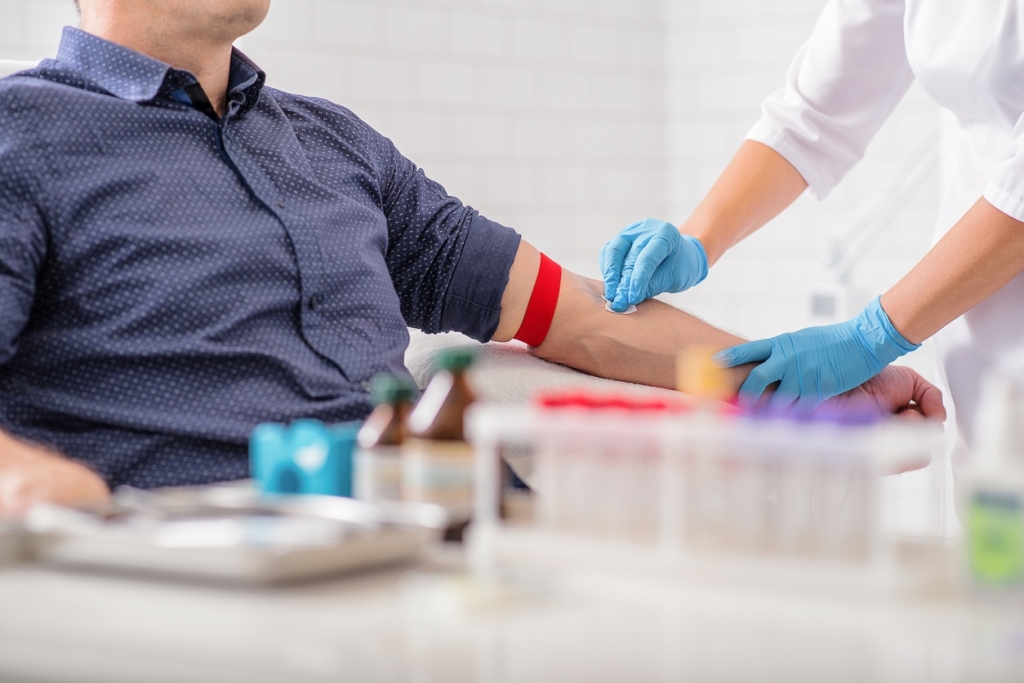**Title: Phlebotomy & EKG Training: Everything You Need to Know**
**Introduction:**
Are you interested in pursuing a career in the healthcare industry? If so, training in phlebotomy and EKG (electrocardiogram) can open up a plethora of opportunities for you. Both phlebotomy and EKG technicians play crucial roles in identifying and diagnosing health conditions, making them valuable members of any medical team. In this article, we will delve into the world of phlebotomy and EKG training, covering everything from the basics to the benefits and practical tips for success in these fields.
**What is Phlebotomy?**
Phlebotomy is the practice of drawing blood from patients for various purposes, such as testing, transfusions, or research. Phlebotomists are trained to collect blood samples safely and efficiently while ensuring patient comfort and safety. Some of the key responsibilities of a phlebotomist include:
– Identifying patients and verifying their identities
– Explaining the procedure to patients and addressing any concerns they may have
– Selecting the appropriate equipment and method for blood collection
– Labeling and storing blood samples correctly to maintain accuracy and prevent contamination
– Following strict safety protocols to minimize the risk of infection or injury
**What is EKG?**
EKG (electrocardiogram) technicians are responsible for performing EKG tests, which record the electrical activity of the heart. These tests are crucial for diagnosing heart conditions and monitoring patients’ cardiac health. EKG technicians use specialized equipment to measure and record the electrical impulses that control the heart’s rhythm. Some of the key responsibilities of an EKG technician include:
- Setting up and calibrating EKG equipment
– Attaching electrodes to the patient’s chest, arms, and legs
– Running tests and monitoring the equipment for any abnormalities
– Recording and printing EKG readings for interpretation by healthcare providers
– Maintaining accurate records and ensuring patient confidentiality
**Phlebotomy & EKG Training Programs:**
To become a certified phlebotomist or EKG technician, individuals must complete a formal training program that includes both classroom instruction and hands-on clinical experience. These programs are offered by vocational schools, community colleges, and healthcare facilities. Some key components of phlebotomy and EKG training programs include:
– Anatomy and physiology
– Medical terminology
– Infection control and safety procedures
– Blood collection techniques
– EKG interpretation and equipment use
– Hands-on practice with simulated patients
**Benefits of Phlebotomy & EKG Training:**
Training in phlebotomy and EKG can lead to a rewarding and stable career in the healthcare industry. Some of the key benefits of pursuing a career as a phlebotomist or EKG technician include:
– High demand for trained professionals in hospitals, clinics, and laboratories
– Competitive salaries and benefits
– Opportunities for career advancement and specialization
– Fulfilling work that makes a difference in patients’ lives
– Flexible work schedules and job opportunities in various healthcare settings
**Practical Tips for Success:**
If you are considering training in phlebotomy or EKG, here are some practical tips to help you succeed in these fields:
– Develop strong communication and interpersonal skills to build rapport with patients and colleagues
– Pay attention to detail and follow strict protocols to ensure accuracy and patient safety
– Stay current on industry trends and advancements through continuing education and professional development opportunities
– Seek out mentorship from experienced phlebotomists and EKG technicians to gain valuable insights and guidance
– Practice good self-care and stress management techniques to handle the emotional demands of working in healthcare
**Conclusion:**
Phlebotomy and EKG training offer exciting opportunities for individuals interested in pursuing a career in the healthcare industry. By completing a formal training program and gaining hands-on experience, you can become a certified phlebotomist or EKG technician and make a positive impact on patients’ lives. Whether you choose to work in a hospital, clinic, or laboratory, the skills and knowledge you acquire through training in phlebotomy and EKG will prepare you for a rewarding and fulfilling career in healthcare.
